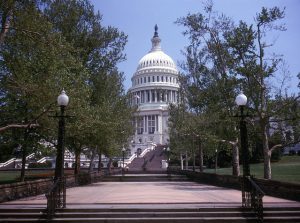As the black market for pot sales shows little sign of slowing, Californian authorities have notably increased enforcement action against illegal cannabis traders. Over the last 12 months, raids by law enforcement on black market pot businesses have increased threefold, when compared with similar activity conducted in the year prior. As a result, unlicensed pot growers and sellers have seen a total of $30 million worth of cannabis products seized. But even amid this additional ramp up, cannabis industry insiders say even more activity is needed to curb illegal pot sales across the Golden State.
For context, in 2018 local law enforcement worked in conjunction with the state Bureau of Cannabis Control, and together they served six unlicensed cannabis businesses with search warrants. These raids resulted in the seizure of more than 1,500 pounds of marijuana, said to carry a street value of $13.5 million.

Comparatively, according to data release in July, within the first half of 2019 alone, the bureau had already served 19 search warrants to unlicensed sellers. Those raids were successful, and saw more than $16.5 million worth, or about 2,500 pounds of illicit marijuana, confiscated. Just shy of $220,000 cash was also seized from cannabis businesses operating illegally during this time.
Continue reading
 Cannabis Law Group's Medical Marijuana Legal Blog
Cannabis Law Group's Medical Marijuana Legal Blog








 A California-developed online tool, called ‘Clear My Record,’ which helps people with eligible convictions clear their criminal records, is set to change the lives of hundreds of thousands of Americans previously convicted of marijuana related crimes.
A California-developed online tool, called ‘Clear My Record,’ which helps people with eligible convictions clear their criminal records, is set to change the lives of hundreds of thousands of Americans previously convicted of marijuana related crimes.



 Ever since cannabis was legalized in California in January 2018, a flood of marijuana businesses have opened, hoping to take their share of the pot market. But it’s no secret that many industry stakeholders are unhappy with the current state of affairs.
Ever since cannabis was legalized in California in January 2018, a flood of marijuana businesses have opened, hoping to take their share of the pot market. But it’s no secret that many industry stakeholders are unhappy with the current state of affairs.